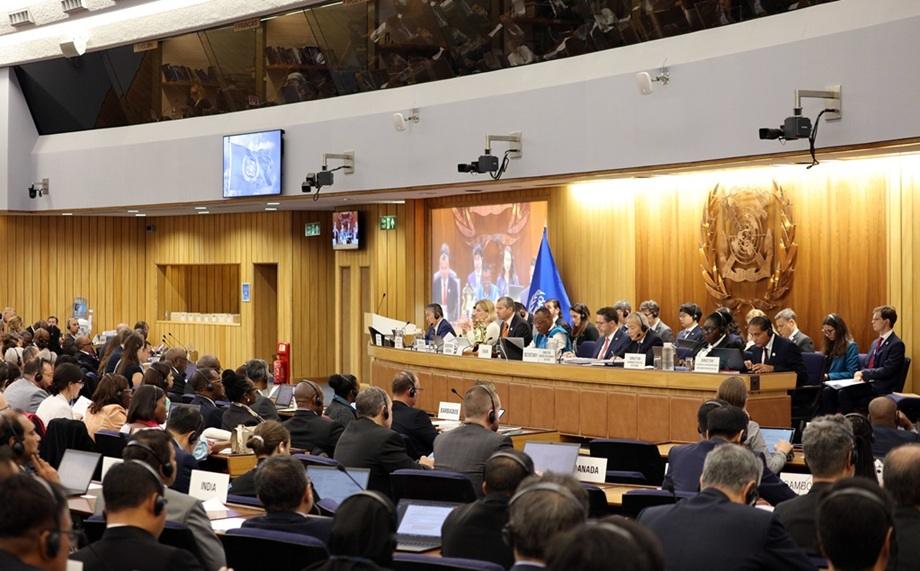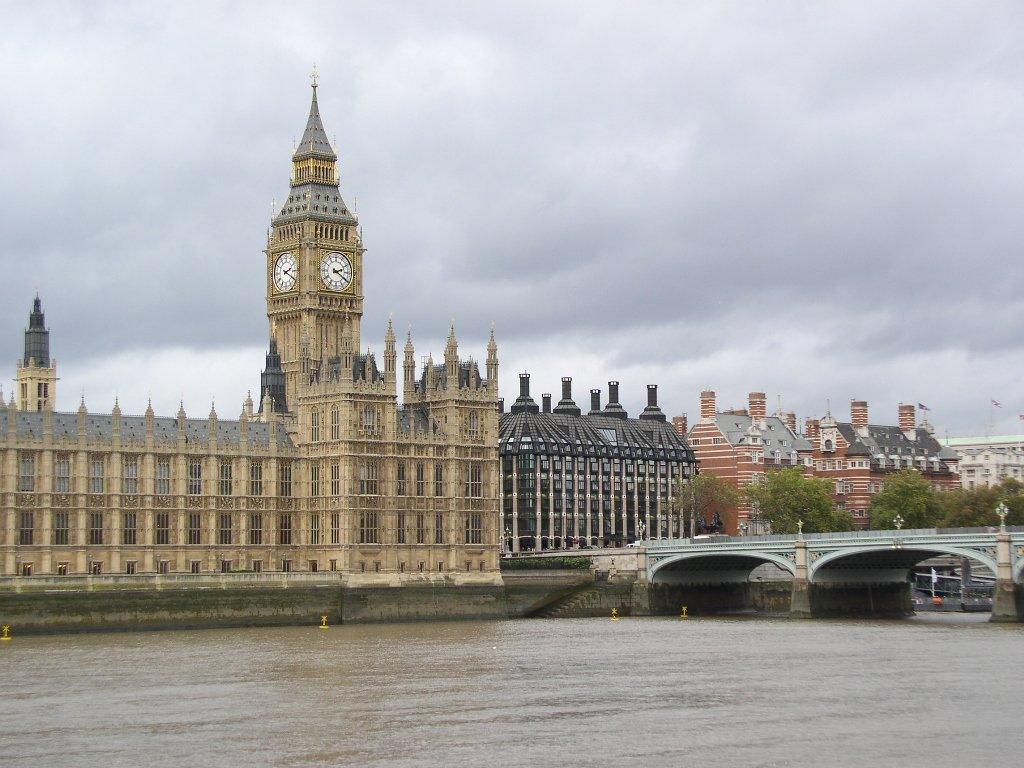International Agreement to Decarbonize Shipping Delayed After Threats from U.S.
The International Maritime Organization (IMO), the 176-member state UN agency responsible for developing global standards for shipping, announced that its member states have voted to delay the adoption of the “IMO Net-Zero Framework,” a global agreement aimed at implementing measures to reduce the climate impact of ocean shipping.
The establishment of the international net zero shipping framework was delayed despite an initial draft receiving majority support in April, following significant pressure from the U.S.’ Trump administration, which had threatened a series of retaliatory actions against nations supporting the agreement.
Maritime shipping accounts for around 3% of global greenhouse gas emissions, and are on track to roughly double by 2050 under most economic scenarios. Shipping emissions are also among the most difficult to address, with a need to develop and implement low emissions fuels, infrastructure and technologies in order to significantly reduce the sector’s climate footprint.
The draft framework included a series of international regulations aimed at reducing greenhouse gas (GHG) emissions from ships, including a global fuel standard, and the establishment of a global carbon pricing mechanism.
Under the framework, ships would be required to comply with a new global fuel standard to reduce their annual GHG fuel intensity (GFI) over time, with ships above the GFI thresholds required to balance their emissions deficit by transferring “surplus units” earned by other ships or used surplus units they may have already banked, or to purchase remedial units.
Proceeds from the sale of remedial units would contribute to an IMO Net-Zero Fund, rewarding low-emission ships, supporting innovation, research, infrastructure and just transition initiatives in developing countries, funding technology transfer and capacity building to support the IMO GHG Strategy, and mitigating negative impacts on vulnerable states.
The April framework was approved by 63 nations in April, while the U.S. publicly opposed the agreement and left the negotiations prior to the vote, following which the administration warned of “reciprocal measures” to compensate for any fees under the new framework charged to U.S. ships, and “for any other economic harm from any adopted GHG emissions measures.”
Prior to the beginning of negotiations to adopt the framework last week, the U.S. State Department issued a communication stating that “the Administration unequivocally rejects this proposal before the IMO,” and detailing a series of actions that it would consider on nations supporting the framework, including “considering potential regulations to combat anti-competitive practices from certain flagged countries and potential blocking vessels registered in those countries,” imposing visa restrictions on crews, imposing commercial penalties and additional port fees, and “evaluating sanctions on officials sponsoring activist-driven climate policies that would burden American consumers,” among other potential measures.
A motion to delay the negotiations on the framework by a year put forward by Singapore and tabled for a vote by Saudi Arabia was agreed to by 57 countries, and opposed by 49, with 21 abstaining.
Industry participants expressed disappointment with the delay, citing the uncertainty it will create in their emissions reduction initiatives and investments. In a statement following the announcement, shipping giant Maersk called the decision “a loss of momentum for the shipping industry’s efforts to decarbonize,” and that it now must “await further clarity on the road ahead and on how the IMO intends to continue the work on the Net Zero Framework.”
Maersk added:
“The energy transition of the shipping industry has never been an easy task. It requires action and support from the entire shipping ecosystem, including fuel producers, ship owners, regulators, and many more. Global regulations are a precondition to securing a level playing field in a global industry.”






